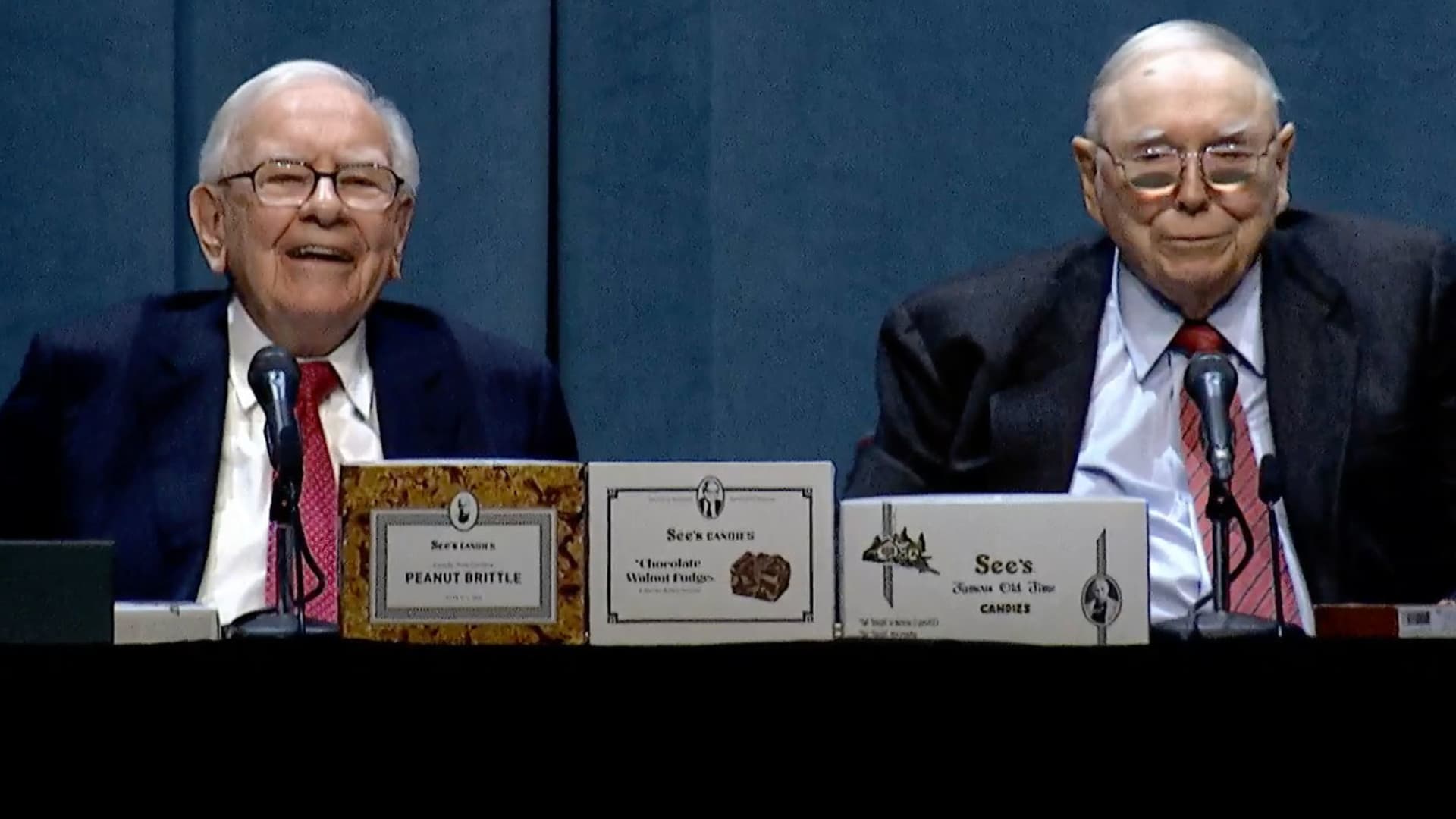
(This is the Warren Buffett Watch newsletter, news and analysis on all things Warren Buffett. You can sign up here to receive it every Friday evening in your inbox.)
Berkshire totally exits its profitable stake in Chinese EV maker
Berkshire Hathaway has completely exited its extremely profitable equity investment in the Chinese electric vehicle maker BYD.
In August 2022, Berkshire began to reduce the 225 million share position it had purchased in 2008 for $230 million.
That followed a 41% jump in the value of the position during that year’s second quarter to $9 billion.
By June of last year, Berkshire had sold almost 76% of its stake, bringing it just under 5% of BYD’s outstanding shares.
By crossing below that level, Berkshire no longer had to disclose subsequent sales under the Hong Kong exchange’s rules, so as far as we knew the company owned 54 million shares.
A Buffett Watch reader, however, pointed out that the Q1 financial filing by Berkshire Hathaway Energy, the subsidiary that held the shares, listed the value of the investment as zero as of March 31.
A Berkshire spokesperson confirmed that the entire BYD position has indeed been sold.
Based on the investment values listed in BHE’s reports, the sales continued after the stake fell below 5% last year.
Berkshire made its initial purchase 17 years ago at the urging of Charlie Munger.
At the 2009 annual meeting, he told shareholders that even though it looked like “Warren and I have gone crazy,” he saw the company and its CEO, Wang Chuanfu, as a “damn miracle.”
It was an incredible call. BYD shares increased by roughly 3890% during the years Berkshire owned them.
Buffett has not explained in detail why Berkshire started selling, but, in 2023, he told CNBC’s Becky Quick that BYD is an “extraordinary company” being run by an “extraordinary person,” but “I think that we’ll find things to do with the money that I’ll feel better about.”
Around the same time, Berkshire sold almost all of the company’s Taiwan Semiconductor stake, roughly $4 billion of stock, just months after the shares were purchased as he “reevaluated” the geopolitical risk posed by Beijing’s claim that Taiwan is part of China. “It’s a dangerous world,” he said.
One thing Trump and Buffett (kind of) agree on
Warren Buffett has not been speaking publicly in the last few years about his generally liberal political views, telling shareholders in 2022 that some people get “sustainably mad” and “take it out on our companies,” potentially harming employees and shareholders.
It is, however, reasonable to assume that he doesn’t see eye-to-eye on most issues with President Donald Trump.
But they do agree, at least partially, on one thing: U.S. businesses should not chase very short-term goals.
This week, the president posted on Truth Social that the SEC should allow corporations to report earnings every six months, instead of the current three-month requirement.
“This will save money, and allow managers to focus on properly running their companies,” he wrote.
The SEC tells CNBC it is “prioritizing this proposal to further eliminate unnecessary regulatory burdens on companies.”

Buffett, who famously favors making decisions for the long run, has strongly urged companies to stop providing quarterly earnings-per-share guidance.
A 2018 Wall Street Journal opinion piece co-written by JPMorgan Chase’s Jamie Dimon says, “In our experience, quarterly earnings guidance often leads to an unhealthy focus on short-term profits at the expense of long-term strategy, growth and sustainability.”
That happens, they said, when companies cut back on long-term beneficial spending to meet or beat their own short-term forecasts when earnings are affected by outside factors they can’t control.
They argue that “financial markets have become too focused on the short term” and quarterly guidance “is a major driver of this trend.”

There is, however, an important distinction.
Buffett and Dimon stress they are not against the reporting of earnings every quarter. They just don’t like companies forecasting what those earnings will be.
Companies, they said, should “continue to provide annual and quarterly reporting that offers a retrospective look at actual performance so that the public, including shareholders and other stakeholders, can reliably assess real progress.”
BUFFETT AROUND THE INTERNET
Some links may require a subscription:
HIGHLIGHTS FROM THE ARCHIVE
Internet stocks were ‘a huge trap for the public’ (2001)
In the wake of the internet bubble’s deflation, Warren Buffett saw a “diminished” threat to “gullible” investors.

BERKSHIRE STOCK WATCH
BERKSHIRE’S TOP U.S. HOLDINGS – Sep. 19, 2025
Berkshire’s top holdings of disclosed publicly traded stocks in the U.S., Japan, and Hong Kong, by market value, based on today’s closing prices.
Holdings are as of June 30, 2025 as reported in Berkshire Hathaway’s 13F filing on August 14, 2025, except for:
The full list of holdings and current market values is available from CNBC.com’s Berkshire Hathaway Portfolio Tracker.
QUESTIONS OR COMMENTS
Please send any questions or comments about the newsletter to me at [email protected]. (Sorry, but we don’t forward questions or comments to Buffett himself.)
If you aren’t already subscribed to this newsletter, you can sign up here.
Also, Buffett’s annual letters to shareholders are highly recommended reading. There are collected here on Berkshire’s website.
— Alex Crippen, Editor, Warren Buffett Watch






